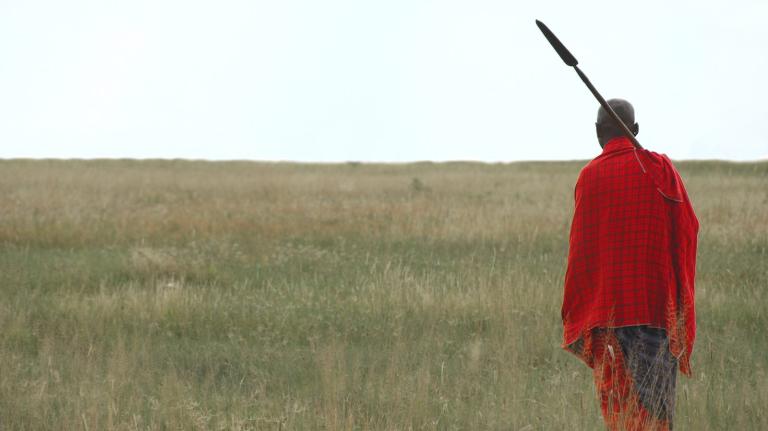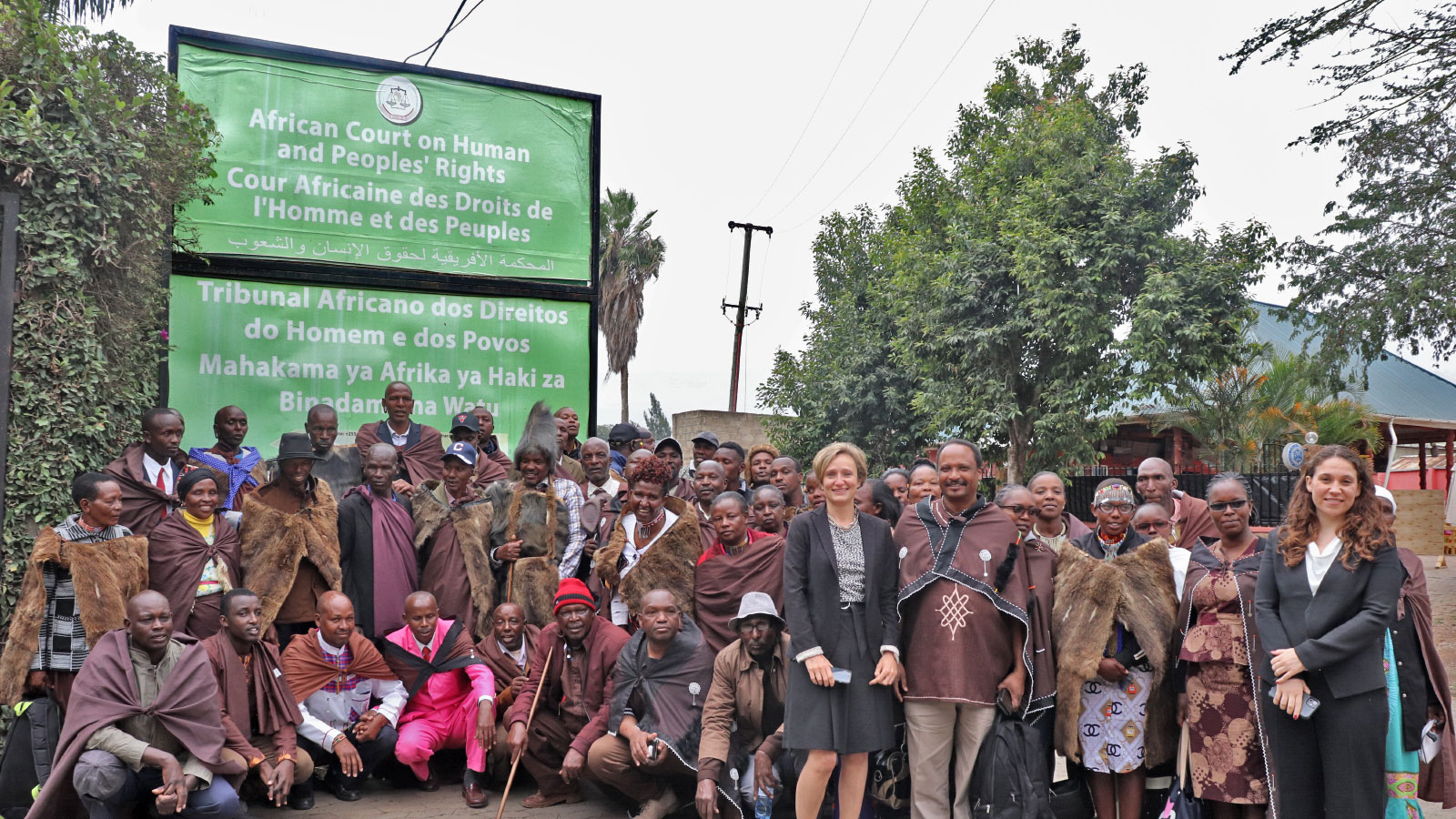The Republic of Kenya must pay the Indigenous Ogiek people reparations for decades of illegal evictions from their ancestral land in the Mau Forest. That’s according to a ruling from the African Court on Human and Peoples’ Rights. The decision, which is the first time the court has called for reparations for an Indigenous community, said that the Kenyan government must pay the Ogiek for both material and moral damages. The case may set the tone for other Indigenous rights cases in Africa.
The court also said that Kenya must make efforts to give the Ogiek titles to their forest land and officially recognize them as Indigenous peoples, a protected status the Kenyan government has resisted. “This is really a big milestone, a landmark ruling,” said Daniel Kobei, Executive Director of the Ogiek Peoples Development Program. “We are all elated and very happy.”
The Ogiek people have lived in the Mau Forest area since time immemorial. Over the years, they have been subject to violent evictions by both Kenyan and colonial governments leading to Ogiek communities being divided and scattered, and losing access to language, culture, and burial sites. Recently, Kenyan authorities have claimed that the Ogiek are responsible for deforestation and ecosystem degradation, which the Ogiek strongly deny.
In 2009, in response to a fresh wave of evictions planned by the Kenya Forest Service, the Ogiek brought a case to the African Commission on Human and Peoples’ Rights, which then referred it to the African Court based on the severity of the allegations. In 2017, the African Court found the Kenyan government had violated the Ogiek’s rights, and was in violation of seven articles of the African Charter on Human and Peoples’ Rights, including rights to life, property, and culture. The African Charter is an international human rights mechanism that has been ratified by 54 countries, including Kenya. The case was the first time the court had ruled on an Indigenous case.
Despite the decision, Ogiek leaders and international advocacy groups say that evictions and other human rights abuses have continued. According to multiple reports, thousands of Ogiek have been violently evicted since 2017. As recently as July 2020, 100 Ogiek families were removed from the forest.
According to the African Court’s ruling, Kenya must pay the Ogiek 57,850,000 Kenyan shillings ($492,000) for material damages and 100,000,000 Kenyan shillings ($850,200) for moral damages. The decision instructs Kenya to give the Ogiek community titles to their land in the Mau Forest and to consult with them on any future development projects. Kenya must also work with the Ogiek to develop land-sharing and access agreements. If a compromise cannot be reached, the Ogiek must either be given the land or compensation for it.
“The decision is monumental in many many aspects because it has set the precedent on the continent going forward on how issues of Indigenous claims to rights to their land can be dealt with,” said Samuel Ade Ndasi, Africa Union Advocacy Officer at Minority Rights Group. “What this means for the African continent is that going forward, states will be very very mindful when they want to evict Indigenous people from their land.”
The Batwa in the Democratic Republic of the Congo, the Maasai in Tanzania, the Endorois in Kenya, and other Indigenous peoples have all brought cases to the African Commission. All center on allegations by Indigenous people that they are being violently removed from their land to create protected areas, a global practice known as fortress conservation. “This ruling is not only for the Indigenous Ogiek community, but for all Indigenous communities globally,” Kobei said.
Despite the victory, Ndasi said implementing the ruling will be a challenge: the court does not have direct enforcement power over the Kenyan government. The court mandated a report from Kenya on the implementation of its orders within 12 months, and will schedule a hearing on the implementation at that time.
“We are hoping that Kenya will respect its obligations,” Samuel Ade Ndasi said. “There is still much that needs to be done. If you have a judgment and you cannot reap the fruit of that judgment, then justice has not been done.”
The Kenya Forest Service did not immediately respond to a request for comment.




